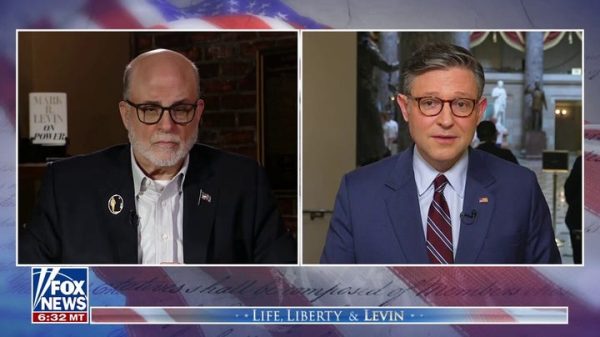Governor DeSantis recently took aim at the Federal Reserve, presumably to bolster his national-issues profile ahead of announcing a run for the presidency, which he is expected to do in May. He lambasted both Chairman Powell’s leadership and the nascent moves towards a central bank digital currency (CBDC). DeSantis apparently wants to demonstrate his populist bona fides. He may even be trying to recapture some of the energy of Ron Paul’s “End the Fed” campaign from more than a decade ago.
The usual suspects are accusing DeSantis of spreading “misinformation” about the Fed’s effectiveness and activities. But it’s they who are misinformed. The Fed truly is a basketcase. It has persistently failed to achieve its basic mandate and has strayed into policy areas far outside its legal authority and core competence. And the United States is worse off for it.
The Fed is required by Congress to pursue stable prices and full employment. It is bad at both. Ongoing inflation demonstrates our chief central bankers never learned the lessons of the late 1970s. And the fixation on real variables such as employment — especially among “disadvantaged” groups — caused the Fed to lose sight of the one thing it can actually control: the purchasing power of the dollar.
For two years, inflation has exceeded nominal wage growth, meaning the typical American has taken a real pay cut: He receives less purchasing power for an hour of work than he did two years ago. This is, indeed, the Fed’s fault.
Comparing the pre-Fed to the post-Fed periods, it’s clear the Fed is no improvement at best and a detriment at worst. Inflation is not persistently lower. Recessions are not persistently shorter. The only metric that comes down in the Fed’s favor is inflation volatility — and this is due to pre-Fed public-finance practices, not the wisdom of central bankers.
Inflation volatility was higher during the 19th century because the government suspended the gold standard to fight wars. Printing greenbacks was a revenue-raising strategy. Once wars ended and redemption resumed, the economy gradually grew into the higher price level, bringing inflation down. The Fed deserves precisely zero credit for this.
As for a CBDC, it’s undeniable that the Fed has been experimenting with pilot programs, which Congress has not authorized. It’s also clear a CBDC would be a disaster for financial privacy and political liberty.
Who in their right mind wants the government to control the payments process? The government would certainly abuse it, stifling payments to disfavored producers and perhaps even taxing CBDC balances to artificially boost consumption. We don’t want or need a financial panopticon. If the Fed won’t stop this dangerous experiment on its own, the people’s representatives should.
We have every reason to worry about Fed wokeness, too. The central bank’s research output and governance initiatives related to amorphous and partisan goals, such as DEI and climate change, demonstrate a frightening level of mission creep. Let me put it bluntly: The Fed has no authority to act in these areas. Any connection to the monetary mandate, or its related financial-stability mandate, is an illusion.
The Fed has repeatedly shown it can’t even be trusted to manage the money supply responsibly. Why would one expect the Fed to make a positive contribution to environmental sustainability or social justice? Calling this implausible is a massive understatement.
Government agencies should serve the public interest while upholding the rule of law. The Fed does neither. It needs major reforms to put it back on track.
The Fed’s monetary mandate should be constrained by a strict rule. Its financial mandate should be tightened so that Fed bureaucrats no longer have an excuse to use their jobs for social activism.
DeSantis is right to call out the Fed. And honesty compels one to acknowledge the Fed’s failures, even if those failures are pointed out by politicians of whom one disapproves. Anything less subjects responsible policy analysis to rank partisanship.























